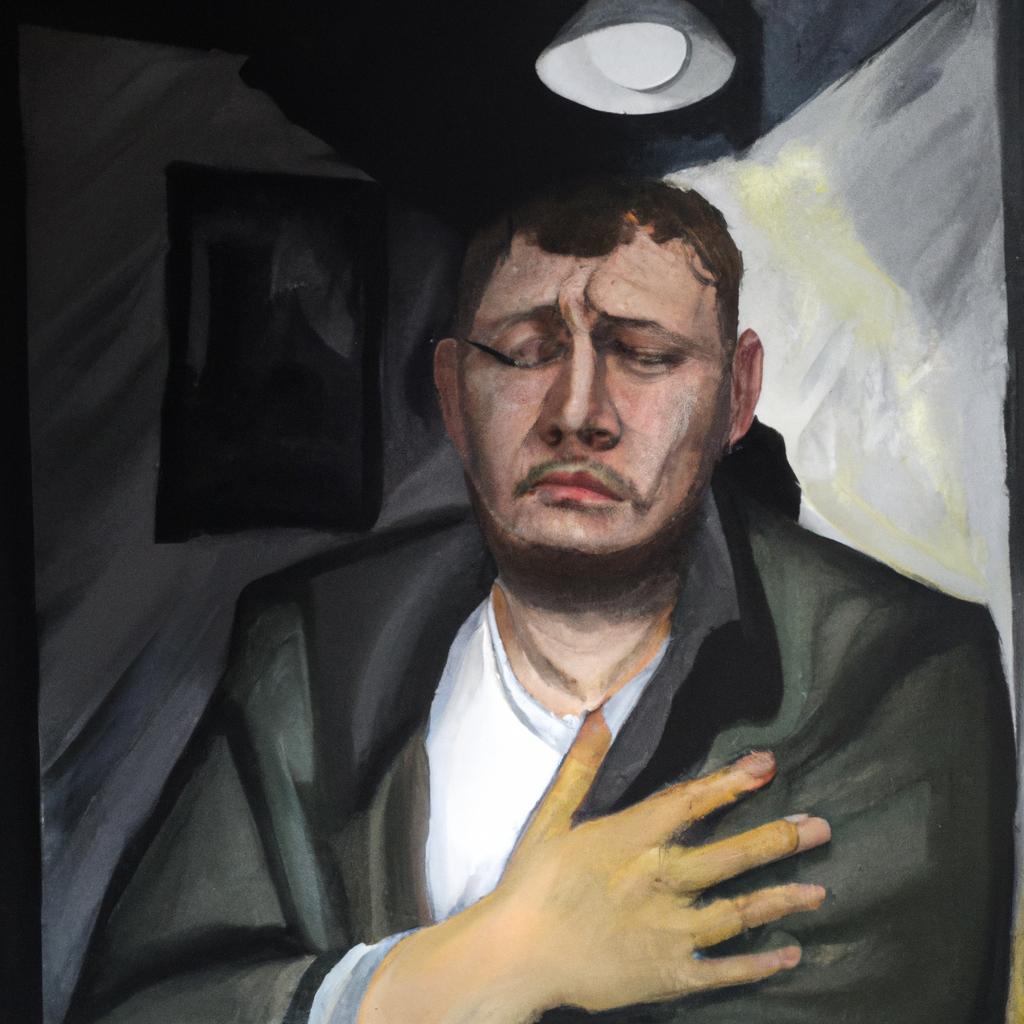“Dying Inside” is a science fiction novel written by Robert Silverberg, published in 1972. The protagonist of the story, David Selig, possesses the ability to read minds, a power that he has had since childhood. Over the course of the novel, Selig’s telepathic abilities start to wane, leading to a crisis of identity and purpose.
In the context of existentialist philosophy, the fading of Selig’s telepathy can be interpreted in several ways. On one hand, the loss of his extraordinary abilities is an allegory of the human condition – the inevitability of aging and the resulting loss of skills and faculties, the fear of irrelevance, and the struggle to find meaning and purpose as one’s place in the world shifts.
Selig’s talent for mind-reading, while giving him the advantage of understanding others, has ironically isolated him from forming genuine connections. His gradual loss of telepathy symbolizes the existential idea of confronting one’s own solitude in the universe. The realization that he is losing his powers forces Selig to confront his fears, explore his relationships, and grapple with his identity. This is reminiscent of the existentialist theme of authenticity, of facing one’s true self, stripped of pretenses and illusions.
Additionally, his loss of power is a testament to existentialist ideas about freedom and responsibility. As his abilities fade, Selig is forced to engage with the world in a more direct and conventional manner, like everyone else. He is no longer able to hide behind his telepathy; he is confronted with the freedom to make choices without the crutch of his former abilities, and with that freedom comes the weight of responsibility.
In a broader sense, “Dying Inside” is a meditation on the human condition, exploring themes of isolation, identity, freedom, fear of obsolescence, and the search for meaning—themes that are central to existentialist philosophy. It is a potent reminder that our talents and abilities do not define us; it’s our actions, choices, and relationships that truly shape our existence.
